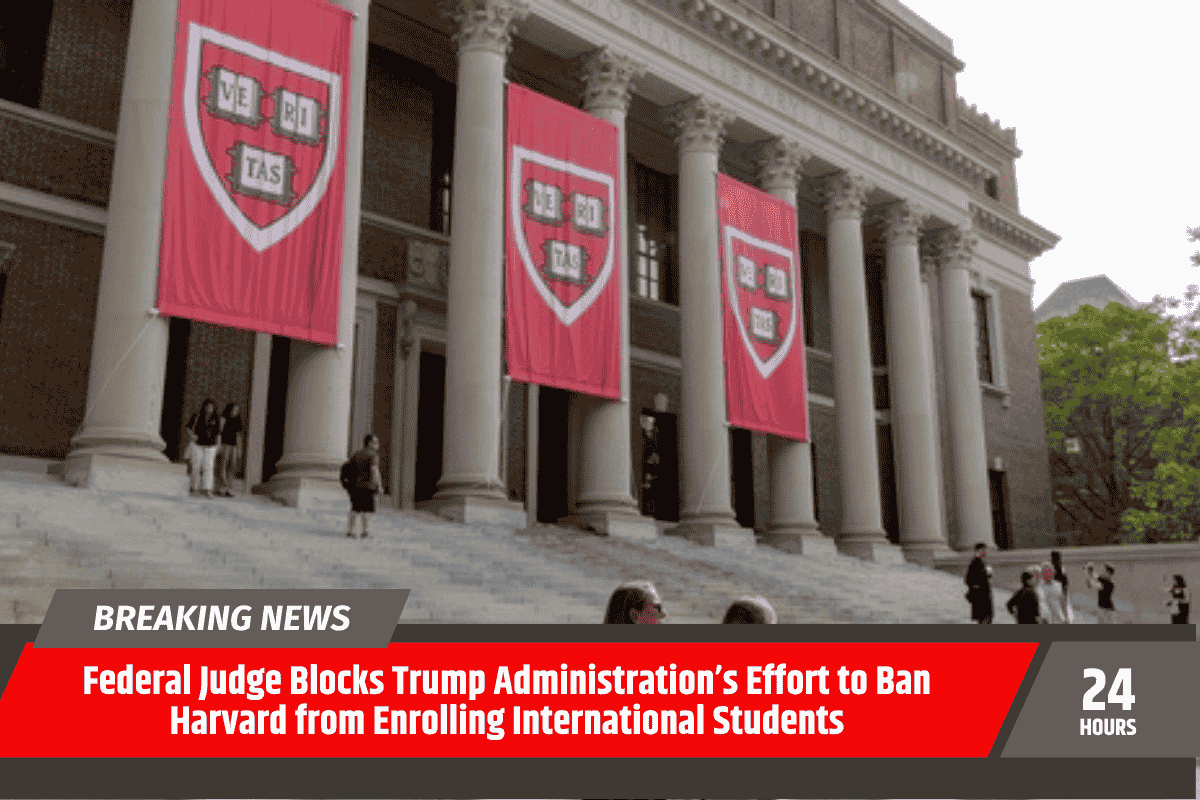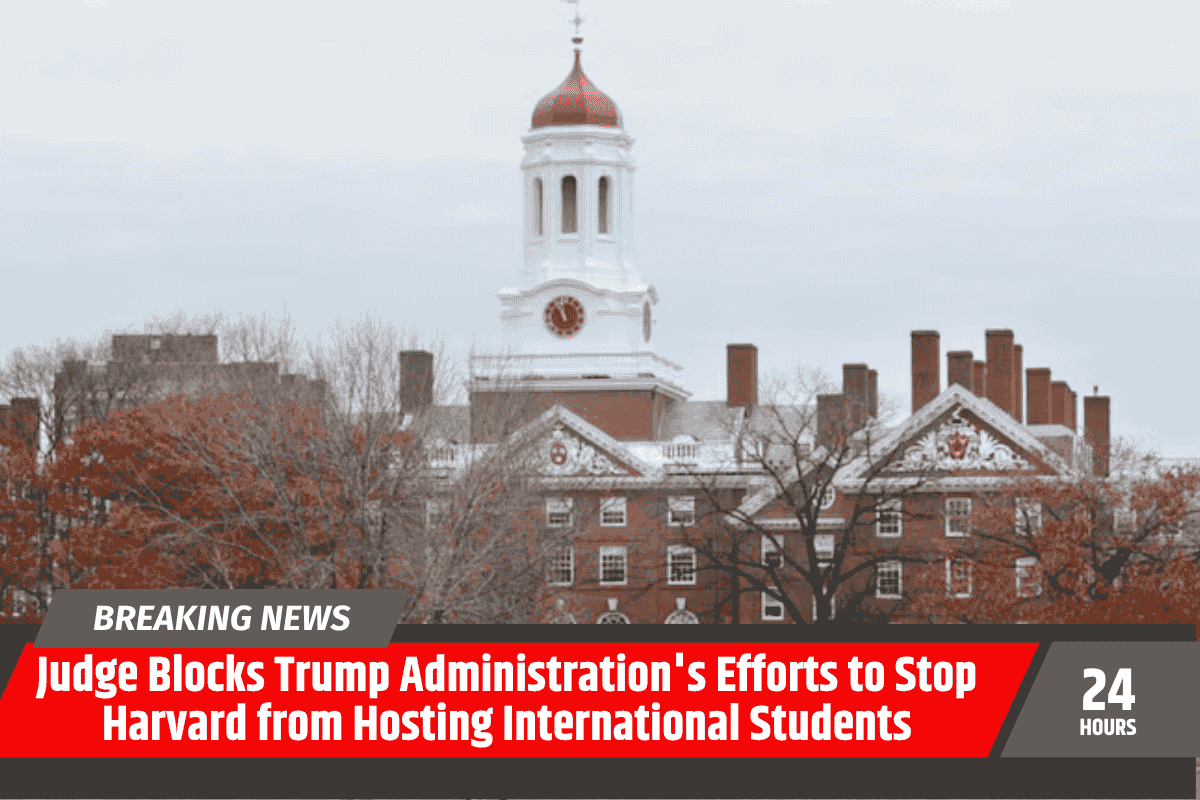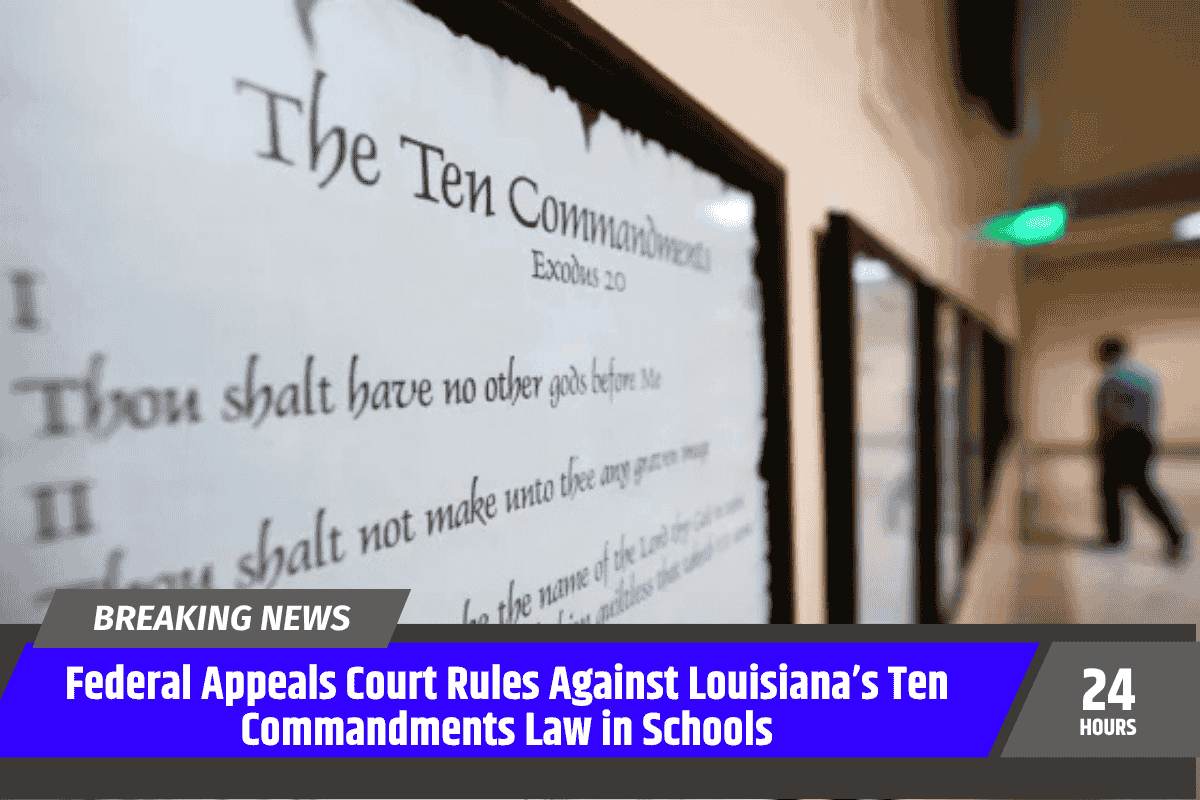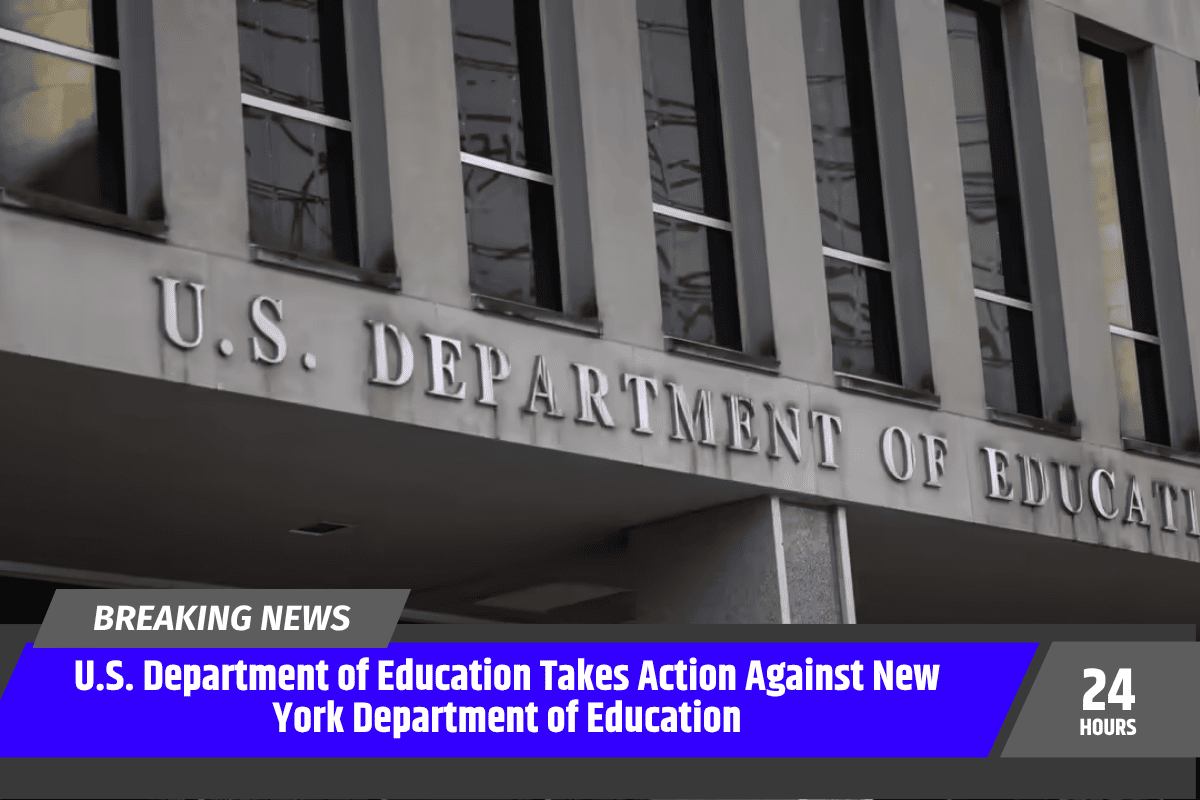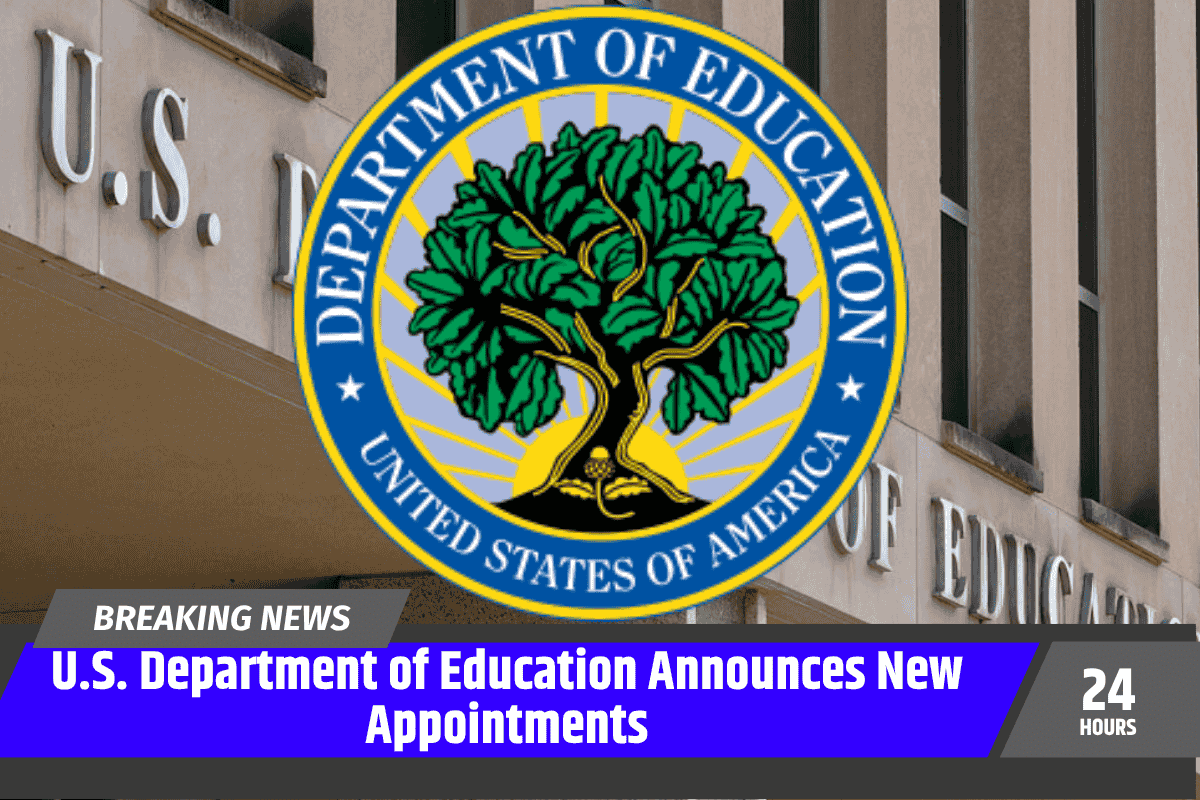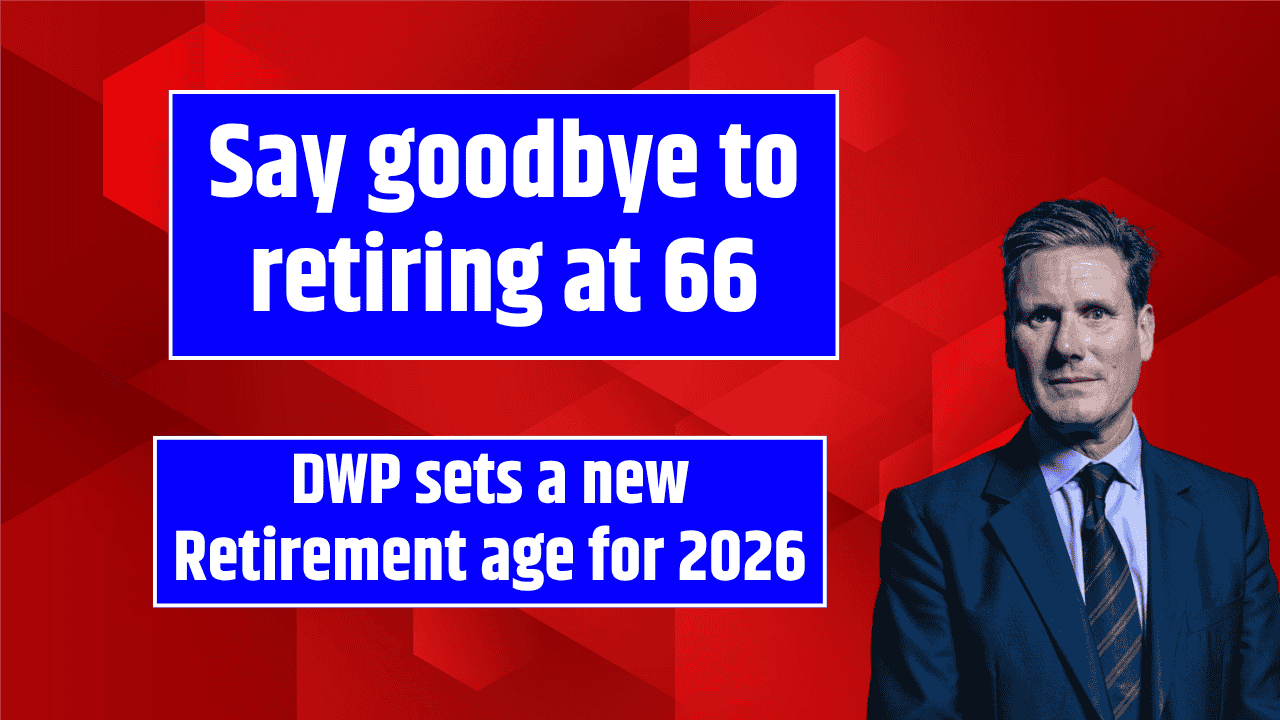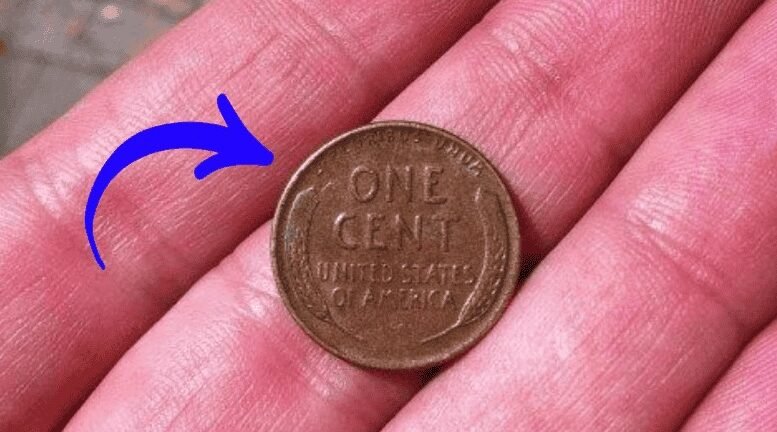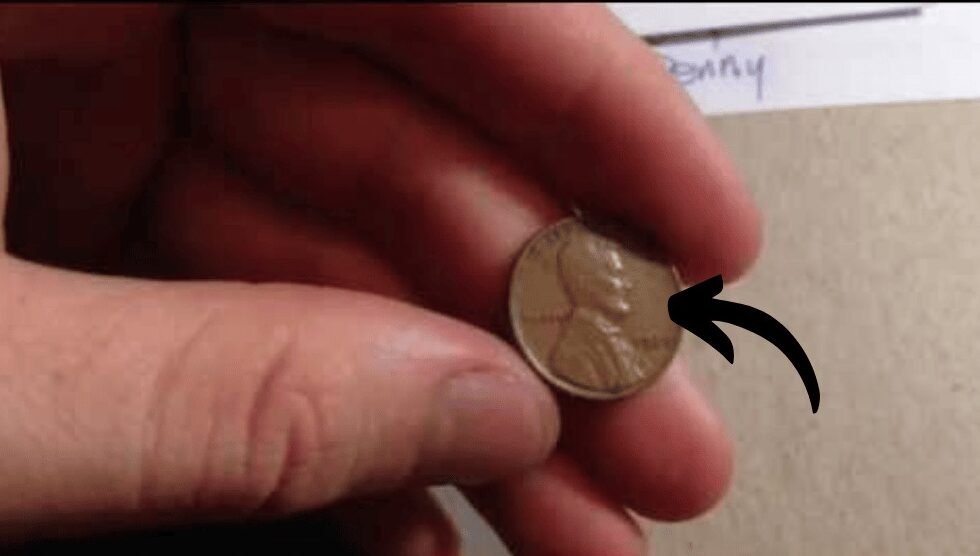A federal judge in Massachusetts has ruled against the Trump administration’s attempt to stop Harvard University from enrolling international students.
On Friday, U.S. District Judge Allison D. Burroughs issued a preliminary injunction, which prevents the government from revoking Harvard’s certification to enroll international students.
This decision builds on a temporary restraining order that Burroughs had granted earlier this month.
What Led to the Ruling?
The Trump administration, through the Department of Homeland Security (DHS), had attempted to revoke Harvard’s Student and Exchange Visitor Program (SEVP) certification.
This move was based on a notice sent to the university on May 22, stating that the school had been “perpetuating an unsafe campus environment,” among other allegations.
These claims included accusations that Harvard was hostile to Jewish students and supported pro-Hamas sentiments, charges the university strongly denied.
In her decision, Judge Burroughs directed the government to prepare immediate guidance to reverse the revocation notice. The ruling ensures that international students holding U.S. visas will not face entry denial because of this revocation.
Further Actions from the Court
The ruling also requires the government to submit a report within 72 hours, detailing the steps taken to comply with the judge’s order.
However, it is important to note that preliminary injunctions can be appealed, and the Justice Department is expected to challenge the ruling.
The Administration’s Stance and Harvard’s Response
The Trump administration’s action against Harvard is not the first in recent months. In April, the administration had threatened to withhold more than $2 billion in grants to the university after it refused to meet certain demands, including restrictions on admitting students deemed hostile to American values.
Additionally, the administration’s Task Force to Combat Anti-Semitism had sought reforms in Harvard’s hiring policies and faculty ideologies.
Harvard responded to these actions by suing the administration, arguing that the government’s actions were unlawful and sought improper control over the university.
Harvard’s legal team accused the Trump administration of using international students as “pawns” in a broader political fight.
The Backlash and Support for Harvard
Harvard has received significant support from other universities and alumni. Two dozen universities filed a brief in support of Harvard, arguing that the funding freeze would negatively impact scientific research and harm innovation.
More than 12,000 Harvard alumni, including prominent figures like Conan O’Brien and Margaret E. Atwood, also backed the university, calling the government’s actions reckless and unlawful.
Trump’s Comments on Potential Resolution
Despite the ongoing legal battle, President Trump hinted on social media that a potential resolution with Harvard might be on the horizon.
He suggested that the university had acted “extremely appropriately” during negotiations and indicated that a historic settlement could be reached soon.
This legal fight between the Trump administration and Harvard University continues to spark debate over free speech, university autonomy, and the rights of international students.
While the judge’s ruling blocks immediate action against Harvard, the conflict is far from over. As the case progresses, it will likely have lasting implications for both higher education and U.S. immigration policy.
